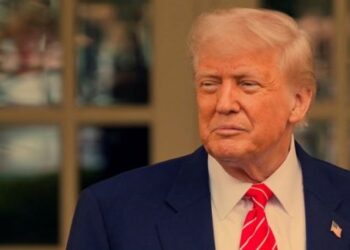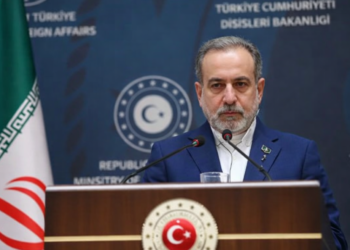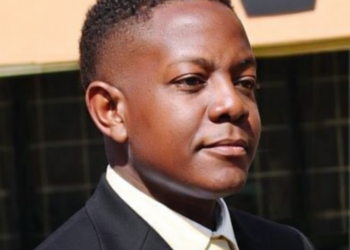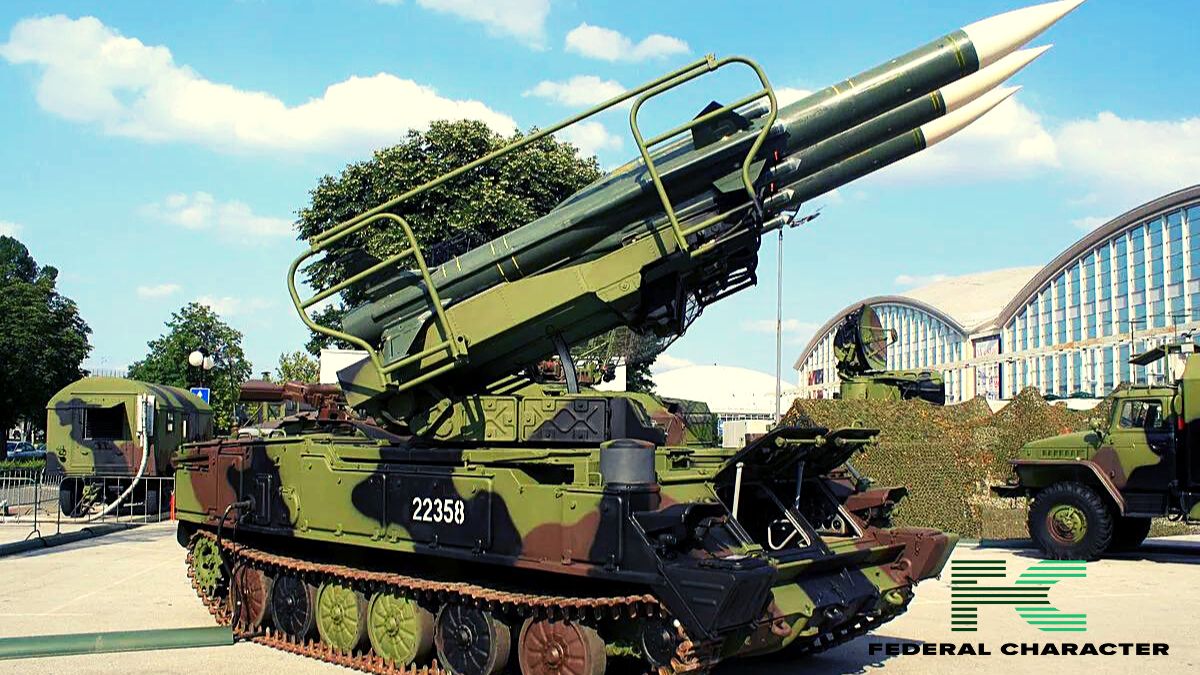Gunther Fehlinger-Jahn did not mince words when he reacted to the recent attack on the Christ Apostolic Church in Eruku, Kwara State. “Send the Navy,” he demanded, tagging U.S. President Donald Trump directly, and making it clear that he sees the situation in Nigeria as beyond the capacity of local authorities. His words are stark, urgent, and pointed at one thing: action.
A Call to Intervene
Fehlinger-Jahn posted on X that he had seen a video of the Islamist attack and was horrified by the scale and brutality. He reminded the world that it was #RedWednesday, a global awareness day against the persecution of Christians, and argued that what is happening in Nigeria is utterly unacceptable.
He was direct: the violence cannot continue unchecked. Military intervention is needed. Fehlinger-Jahn made his plea personal, insisting that President Trump act immediately and send the U.S. Navy. He presented the attack not as an isolated incident, but as evidence of a pattern of persecution that requires outside intervention.

Brutality in Eruku
The Kwara State Police confirmed the assault, where at least two worshippers were killed and one injured. Fehlinger-Jahn’s comments highlighted that three church members were shot dead on the spot and the pastor, along with several congregants, was abducted and taken into the bush. His reaction shows outrage not just at the act, but at the lack of swift response from Nigerian authorities.
He did not soften his language. He framed the attack as part of a larger crisis, one that the Nigerian government has repeatedly failed to address. “What is happening in Nigeria is utterly unacceptable,” he wrote, and tagged Trump directly to make sure his demand for intervention could not be ignored.
Frustration over inaction
The plea to “send the Navy” carries anger and disbelief.
Fehlinger-Jahn’s statements make clear that he sees Nigerian security forces as failing their citizens. His post does not just condemn the attack; it criticizes the lack of protection, the slow reaction, and the continuing vulnerability of churches in Nigeria.
It is a simple but powerful message: outside help is needed because local systems are failing. The foreign voice amplifies what many Nigerians already feel every time they read about attacks in Kwara, Kebbi, Owo, and countless other communities, government promises are not stopping the bloodshed.
A Global Spotlight on Local Failure
By calling for U.S. military intervention, Fehlinger-Jahn forces the conversation beyond local politics. His anger is aimed squarely at the inaction of Nigerian authorities, highlighting the repeated failures to protect citizens and their places of worship. The demand for urgent action makes clear that this is not just about a single attack—it is about a system that has collapsed under the weight of terrorism.
His words resonate because they echo the frustration of ordinary Nigerians: how long will people be slaughtered in churches while authorities scramble to respond? How long will kidnappings, killings, and terror attacks go unpunished? Fehlinger-Jahn’s call to “send the Navy” is blunt, but it mirrors the desperation felt by many who see no other recourse.
Urgency Cannot Wait
Fehlinger-Jahn’s demand is not polite, it is a warning. He frames the Eruku attack as a moment of crisis and insists on immediate international action. His statements underline a truth many cannot say aloud: local authorities have failed. If the world does not act, the cycle of terror will continue. His post is more than outrage, it is a challenge, a direct confrontation, and a plea for lives that continue to hang in the balance.
The echo of “send the Navy” lingers not just as a foreign voice, but as a mirror for the Nigerian government’s inability to act decisively. Until real measures are taken, Nigerian citizens will continue to face attacks like the one in Eruku with little hope of protection.

















